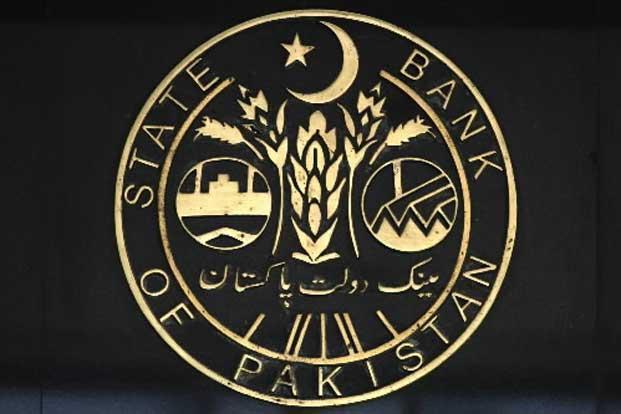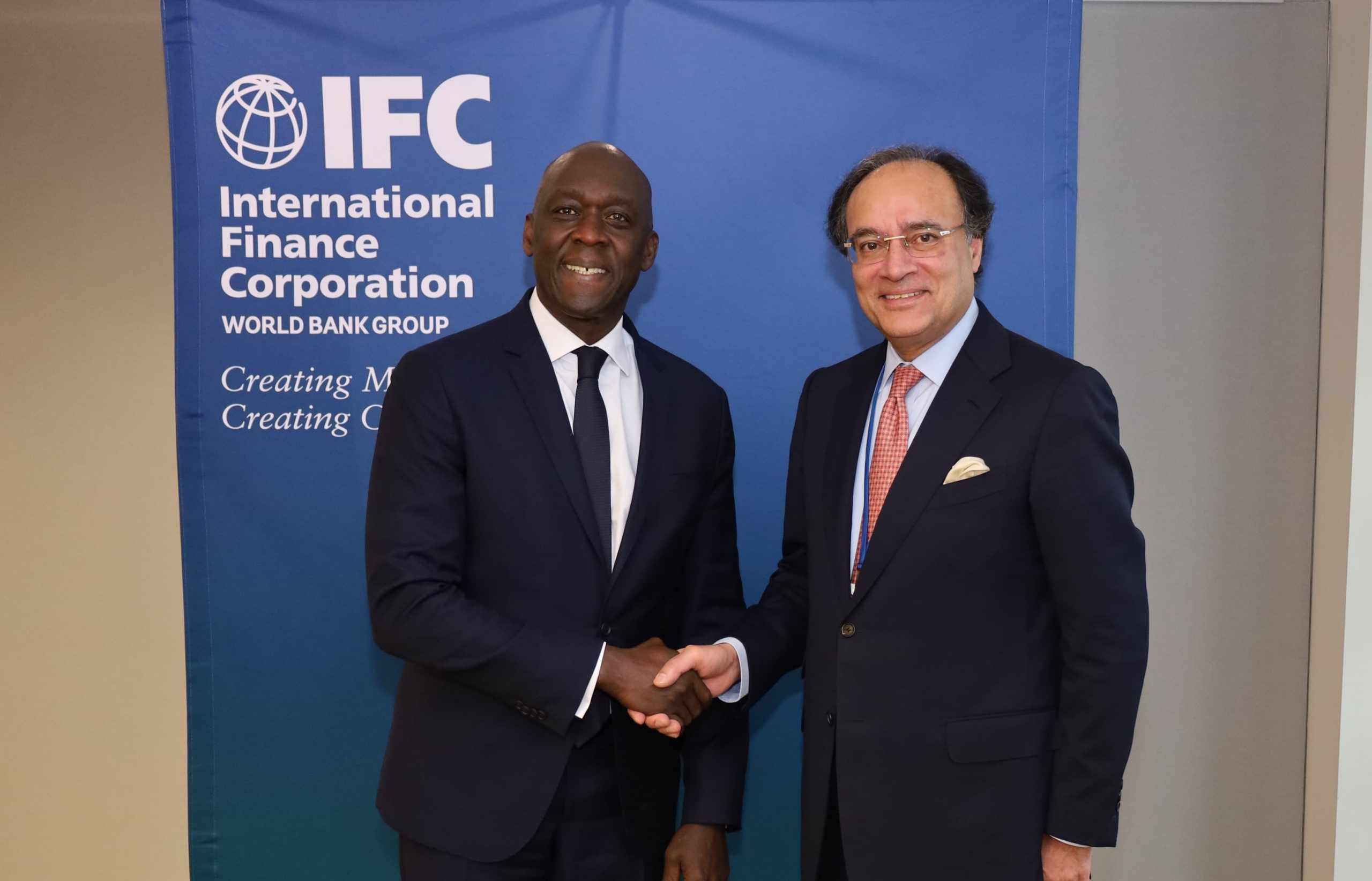State Bank of Pakistan’s (SBP) Monetary Policy Committee (MPC) is to announce the Monetary Policy Statement (MPS) tomorrow (Friday, 26th January, 2017). The announcement will be made by SBP Chief, Mr. Tariq Bajwa at the bank’s headquarters.
In the first quarterly report on the State of Pakistan’s Economy, a policy review was presented mentioning all of the relevant macroeconomic indicators in perspective. According to the Central Bank, the “aggregate demand seems to have consolidated further during the first quarter of FY18, with a pick-up in key macroeconomic indicators, including LSM, private credit disbursements, imports and exports.” The inflationary reversals have been visible throughout the world during the first quarter of FY18. According to the World Bank reports, “global energy and non-energy prices remained 13.6 and 3.2 percent (respectively) higher in Q1-FY18 compared to Q1-FY17.”
In Pakistan, inflation remained stable and well within the targets after an improvement in food supplies and adjustments in duty structure helped avoid the impact of demand driven pressures. Inflation during the last six months averaged at 3.76 a month, with lowest at 2.9 in July and highest at 4.6 in December, 2017. Research houses expect inflation to clock in somewhere around 4.6% year on year in January. 2018.
Mettis Global, Inflation Monitor
However, the situation was almost entirely different in the external sector. Despite numerous efforts, exports volumes and remittances inflow remained inadequate to finance the imports payments. “Current Account deficit widened further, which along with insufficient inflows, resulted in reserves drawdown”, read the SBP Quarterly Report. These amongst other Money Market moves have fueled anxiety for an interest rate hike in the financial circles, “these dynamics were instrumental in firming up expectations of an interest rate hike in the interbank market.”
Mettis Global, Forex Liquid Reserves
Money Market investors continue to remain aloof from committing long-term. Of the last three T-Bill Auctions held on 17th, 3rd of January and 20th December Government of Pakistan received zero bids for the six month and one year targets. All of the bids were concentrated in the 3-month T-bills, revealing a very cautious approach from investors who continue to observe the macroeconomic situation under a microscope.
Reviewing the PIB Auctions since August, 2017 also shows a changing landscape of fixed income investments. During the last six months, Government rejected all of the bids in 3, 5 and 10 years while no bids were made against the 20 year bonds. The reason being the amount and quality of bids from investors.
The table below reveals the amounts of bids received during the last 6 months against government’s set target of Rs. 400 billion.
|
PIB Bid Pattern, August 2017 – January 2018 |
|||||||
|---|---|---|---|---|---|---|---|
|
Tenure |
Bids Received |
||||||
|
08/03/17 |
20/09/17 |
18/10/17 |
15/11/17 |
13/12/17 |
24/01/17 |
Total |
|
|
3 Years |
19,835 |
2,825 |
21,600 |
18,900 |
3,500 |
31,850 |
98,510 |
|
5 Years |
2,500 |
750 |
1,500 |
2,000 |
500 |
7,250 |
|
|
10 Years |
3,009 |
2,042 |
1,524 |
2,624 |
2,124 |
1,436 |
12,759 |
|
20 Years |
– |
– |
– |
– |
– |
– |
– |
|
Total |
25,344 |
5,617 |
24,624 |
23,524 |
6,124 |
33,286 |
118,519 |
|
*Government rejected all of the above bids |
|||||||
Conclusively, keeping all of the above fundamentals in view it is safe to assume that the government still has some breathing space to delay a rate hike until the next MPC Meeting. Inflation has been rising since July, 2017 at a relatively smooth pace, however the real interest rates remain at comfortable level. With inflation staying within the set target – an average of 6% for fiscal year 2018 – the current rate remains at comfortable levels. In addition to that, the reported 20% growth in the private sector credit also bolsters the need for an unchanged policy rate. But the pressures on the external front continue to mount, with the rising imports and snail-paced increase in remittances, Pakistan will have to look for avenues to raise funds in order to finance the gap.









